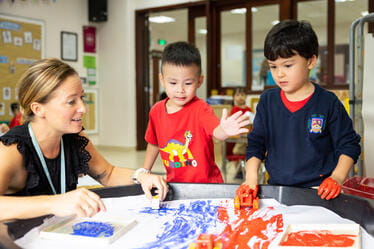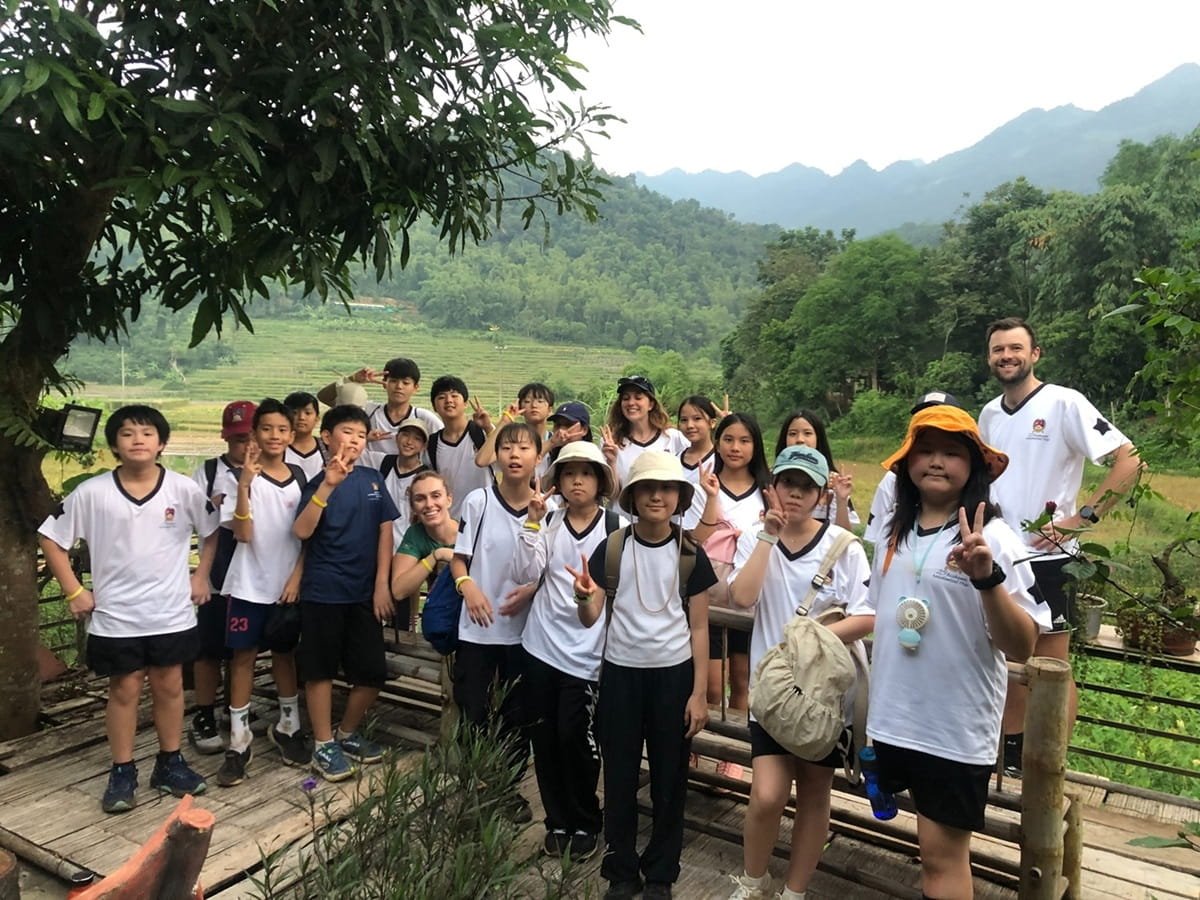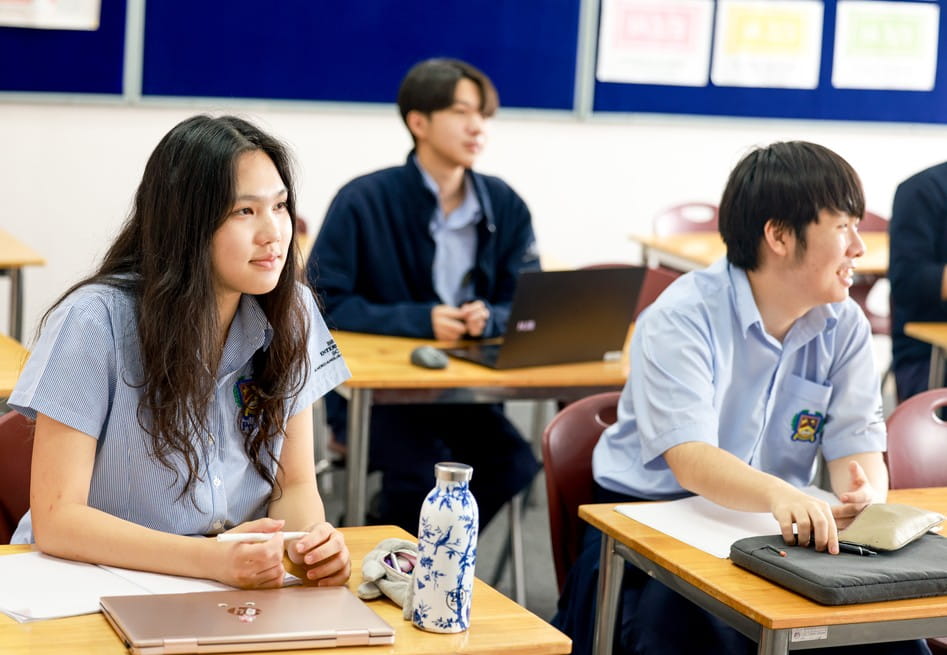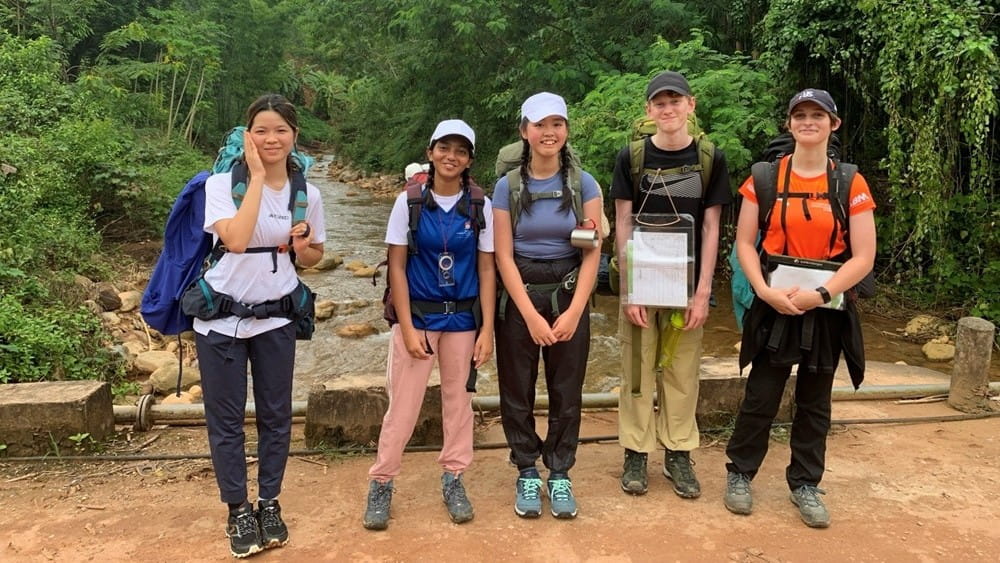The Importance of Fieldwork At British International School Hanoi, we are all familiar with our Aide Memoire, but the IB Learner Profile, précised above, compliments our ambition to allow students the opportunities to grow in a personalised way
Last weekend was an important one for the majority of year 12’s. The Geography, ESS and Biology teams took their respective students to Ba Vi to conduct data collection experiments in the field to allow them to engage with the Internal Assessment component of their course more actively.
Fieldwork, regardless of the nature of the discipline, is widely recognised to be a highly valuable aspect of a child’s educational development. It teaches the students independence and to improve their critical thinking, develops their teamwork and communication skills, encourages reflection and inquiry, as well as instilling the importance of academic honesty and making principled decisions through being open-minded and considering the perspectives of a range of stakeholders involved through the investigation. Fieldwork, thus, enhances a student’s transferable skills for when applying to Universities and their future jobs, which essentially means that employers and Universities are not just only interested in a student’s grades, but also about how they have developed as a lifelong learner and a team-player.
The Geography students were involved in collecting river morphology data and environmental quality samples to investigate how much human influence impacts a river as you go downstream. This topic is important because as Vietnam is a rapidly developing country, there is an ever-thinning line between our drive for economic development and limiting our impact on the natural and human environments that we have a responsibility towards. In the meantime, the Biology and ESS teams were investigating how different abiotic factors affect the distribution and abundance of different species both on land and in water ways. Students used transects to measure plant species and kick netting to sample water invertebrates. ESS students were also tasked to consider how human activity impacts different species, in order to consider global environmental issues. The benefits that come with participating in trips like these will be seen in their upcoming Internal Assessment reports that they will be writing in due course.
At British International School Hanoi, we are all familiar with our Aide Memoire, but the IB Learner Profile, précised above, compliments our ambition to allow students the opportunities to grow in a personalised way. We thank you for supporting these trips by allowing your children to participate. Our core values are at the heart of our desire to provide the highest quality educational trips for your children, and we look forward to working together again in the future to make next year’s trip even bigger and even better than this year.
Thank you for reading,
Mr Schofield, Miss Hemming, Miss Bradford, Mr Forster and Miss Ngoc.






